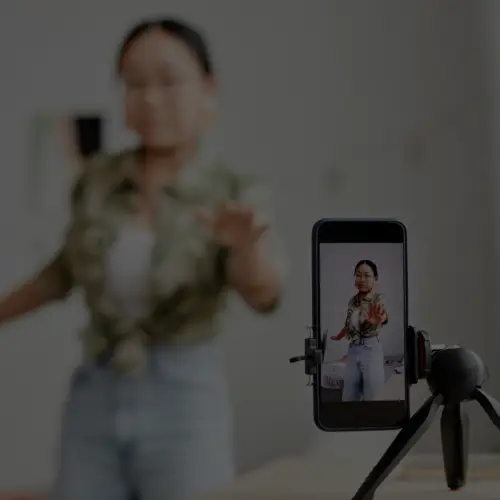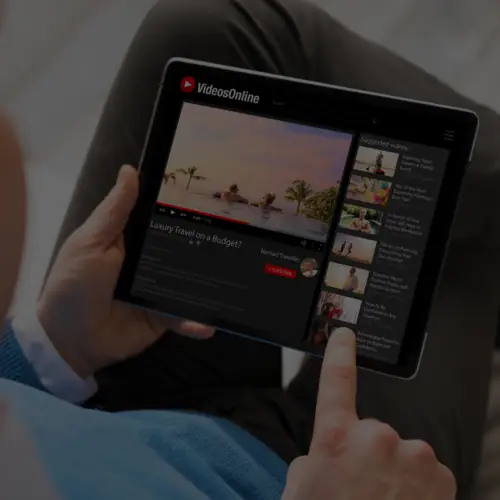10 Feb Big Changes to Facebook Fan Pages
Maybe you remember a couple of months ago when Facebook accidentally rolled out some changes to fan pages, giving all of us a sneak peek of what was to come. Well, now those changes are actually here.
Throughout the day, I manage and monitor multiple fan pages. I just received a notification at the top of the screen to “preview” or “upgrade” to the new style of fan pages. Upon clicking “preview,” I was given a very useful tour of the changes that Facebook accidentally shocked us with two months ago.
And now I will give you that same tour with some explanations and interjections along the way.
Facebook Photos Change
Fan pages will now feature the most recent pictures in a bar across the top of the page just like new individual profiles. This bar will feature the photos added to the wall by the admin or any photo that tags the fan page.
The fan pages that we monitor often receive irrelevant or spam-like photos in the “Fan Photos” section of our page. The good news is that these pictures will not be featured in the bar at the top of the page. Also, as it stands now, individuals cannot tag a fan page in a photo, which prevents spammers from simply tagging multiple fan pages in a picture and as a result, receiving the most prominent space on those pages. I’m glad that Facebook anticipated these issues and prevented this new feature from becoming a spam fest that all admins would have to monitor carefully.

Facebook Navigation Change
A big change to the overall format of the fan page is the location of tabs, which are often where we and other marketers host campaigns and special features of the page. Instead of being located at the top bar of the page, these tabs are now available below the profile picture of the page. These tabs now feature an accompanying icon; it will be interesting to see if these icons will be customizable in the future.
Developers are thrilled with the updated model for building apps on Pages announced today, which brought the introduction of iFrames to pages. According to Facebook, “this means you can now build apps that run across Facebook (including Pages and Canvas applications) using the same simple, standards-based web programming model (HTML, JavaScript, and CSS). In addition, you can easily integrate social plugins and the Graph API within your tab.” Basically, developers now have much more freedom in tab creation and greater potential for interaction among fans.
One negative of this new tab location is a less prime real estate position on the page. It will be interesting to compare traffic to these tabs before and after this switch. Also, just as with individual profiles, there is no longer an “info box” displayed below the profile picture.

Facebook Wall Filters Change
This new feature is one that I have a problem with as the moderator of a page. Now, instead of posts appearing on the page in chronological order, it seems as if “top posts” and “the most interesting stories” will appear first. These top posts are determined by the number of interactions, which translates to likes and comments. This could make monitoring comments a nightmare because the spam could be hiding at the bottom of the page or it could be displayed prominently if it happens to attract comments and likes from fans. Moderators will have to regularly check deep into the page to ensure that spam or profanities aren’t lurking on the page somewhere instead of simply checking the most recent comments at regular intervals.
Fortunately, admins can still choose a default landing of either “Everyone” or just posts from the admin. By selecting a default landing of admin posts only, moderators can help eliminate the potential prominence of spam.
Luckily, Facebook also has a new feature, a moderation blocklist, in the works to block spam and profanities. Using this blocklist, admins can choose strong filters, medium filters, or none at all. Admins are not allowed to see the words or types of spam associated with each filter. However, admins can tailor the filters by “unmarking” spam that automatically goes into the Spam filter. This Spam filter was instituted in October 2010; it currently catches recognizable spam and places it into a filter only available for admins to view.

Facebook Admin View Change
This is the most interesting change for me. Before the switch, an admin could interact as the brand page ONLY on the page itself through comments and wall posts. Now it appears as though admins can log into Facebook as the fan page, which now opens up the possibility for the brand page to interact in the following ways:
- Get notifications when fans interact with your page or posts
- See activity from the pages you like in your news feed
- Like other pages and feature them on your page
- Make comments as your page on other pages
Basically, these changes give the branded page a bigger voice on Facebook by allowing them to interact with other pages through likes and comments. The first bullet point above is an interesting one, though. For pages with a lower number of fans, these notifications will be helpful so that admins can receive a quick reminder and remain active on the page without having to check for comments and interactions throughout the day. However, for pages with a large fan base, these notifications would come in overwhelming numbers, making this “helpful reminder” into an overload of notifications. Can you imagine getting about 500 notifications within 10 minutes of posting a comment?

Facebook Settings Change
This change is not too exciting – just a new location for managing admin controls and certain features of the fan page.

Facebook is now allowing admins to preview this feature for the next 4 weeks, but these changes will become mandatory on all pages starting March 10, 2011. Admins should note that after opting to the new version, they will not be able to revert back to the previous version.






